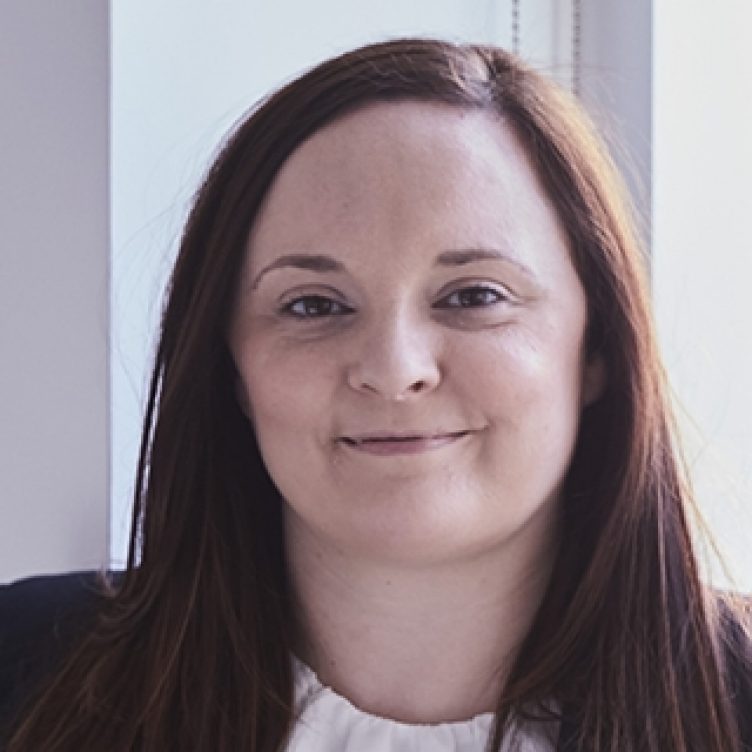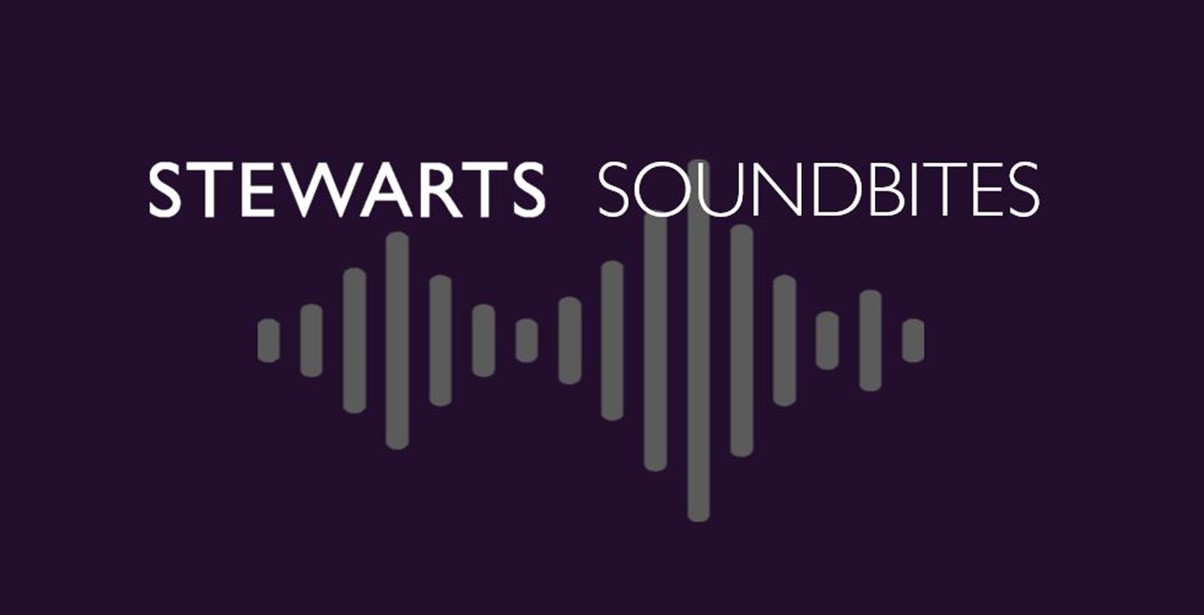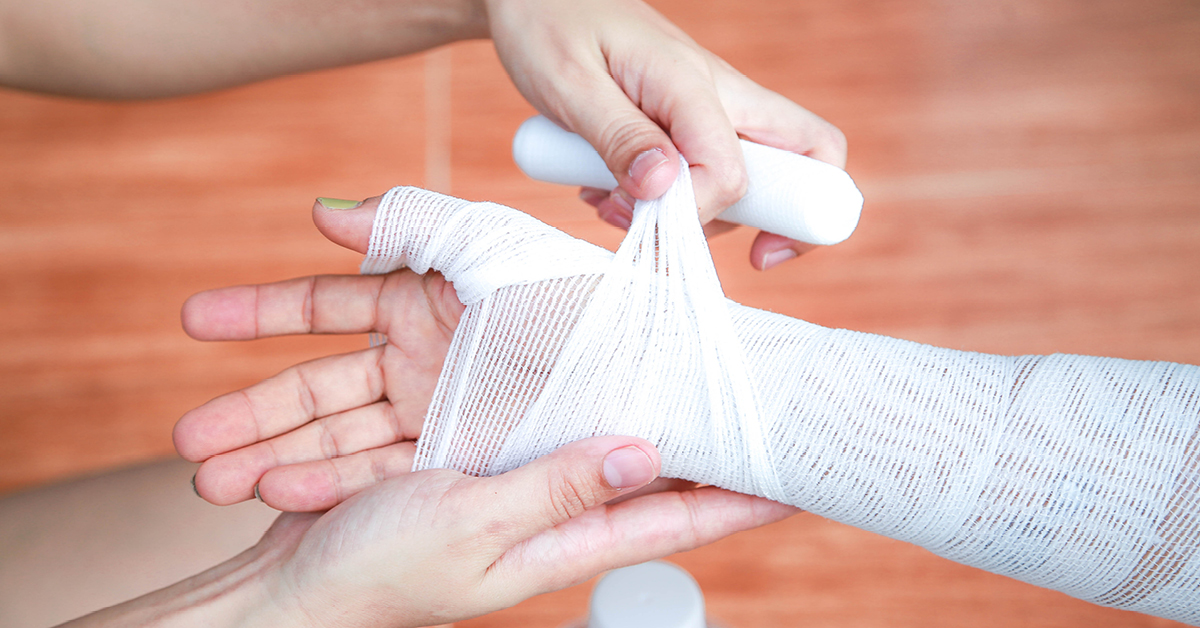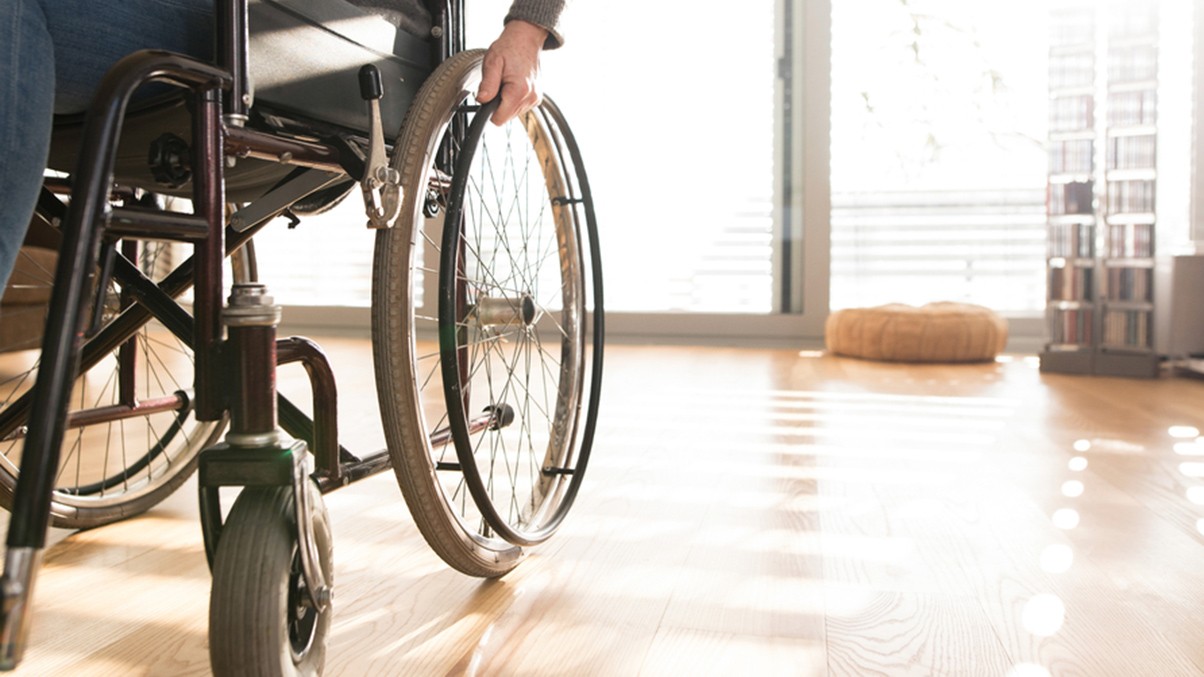For many senior clinicians, working as an expert in civil claims can be rewarding and intellectually challenging, but the process can seem a mystery to newcomers.
Legal Director Rebecca Hill and paralegal Ellie Falkingham explain what is involved.
A brief overview of civil claims
Individuals injured in an accident or clinical incident may decide to bring a civil claim for compensation against the person or body they say caused their injuries. All such cases are broken down into two deceptively simple questions:
(1) has the defendant been negligent, ie have their actions/omissions caused the claimant’s injuries? If so,
(2) how much compensation should be awarded?
These two issues are known as ‘liability’ and ‘quantum’.
The parties will try to resolve these issues by agreement, but court proceedings will be commenced if required. The court is the ultimate arbiter of cases, and the parties will work towards a trial so that a judge can make a ruling if no agreement is reached. The court will actively manage the evidence and timetable in each case to ensure it has everything it needs to make a ruling, ensuring the costs are proportionate to the potential compensation awarded. For this reason, even if a case is resolved before going to court, the way a claim is run is always informed by what a court might need in terms of evidence.
What/who is an expert witness?
Expert witnesses play a vital role in civil claims and provide key evidence that helps the court make a ruling.
Experts are individuals with a high level of skill and experience in their field, an area that is generally outside the knowledge of the court.
How are experts instructed?
At the beginning of every case, solicitors acting for each party will consider the issues their client must prove. For each issue in dispute, they will determine what documentary, lay witness or expert witness evidence is required to help the parties and the court determine that issue. The other party will invariably want their own evidence to deal with that issue. Experts can be jointly instructed, but this typically happens in lower-value claims or for less contentious issues.
If expert evidence is required, the instructing solicitor will make preliminary enquiries with an expert witness to determine whether they are willing and able to act. It is crucial at this stage to identify any conflicts of interest that will prevent the expert from advising and provide enough information for the expert to determine whether the issue falls within their area of expertise. If appropriate, a formal letter of instruction is then issued outlining in further detail what the expert is required to do and enclosing any relevant evidence the expert needs to consider.
Crucially, all experts must understand that their involvement is strictly managed by the court, regardless of whether court proceedings have commenced. Expert evidence must always be independent and impartial, uninfluenced by the pressures of litigation or any obligation to the instructing party. Any instructed expert must ensure they provide objective, unbiased opinions on matters that fall only within their area of expertise.
The expert’s duty to the court is enshrined in Part 35 of the Civil Procedure Rules (CPR). It is common for early correspondence with an expert to reiterate these requirements.
What do experts report on?
Generally speaking, experts will be asked to give an opinion on issues that either relate to liability or quantum.
Clinical negligence
In clinical negligence cases, a number of medical experts will be required to advise on liability by reviewing the standard of the claimant’s treatment. This involves consideration of a number of discrete issues, such as whether the claimant’s treating team breached their duties to the claimant by acting in a way that would not be supported by a substantial body of other clinicians in that field and whether that breach of duty caused the claimant’s injuries.
This can be extremely complex where treatment is delivered over a long period, such as where a patient presents with symptoms multiple times but an overall diagnosis and treatment is delayed. Experts will also need to consider whether alternative treatment would have made a positive difference to the claimant’s outcome, bearing in mind they often have an underlying illness that may or may not have been receptive to different treatment.
Personal Injury
In personal injury cases, non-medical experts are often required to help determine liability. For example, in a road traffic accident claim, accident reconstruction experts analyse the physical evidence to determine how the accident happened and whether it could have been avoided. Health and safety and other specialists may also be required depending on the circumstances of the claim. Medical experts may also be required to help determine core issues such as whether a claimant’s injuries suggest they were wearing a seatbelt or whether wearing a seatbelt might have made a difference to their outcome. Medical experts may also be needed to determine how the accident caused or exacerbated the claimant’s injuries. This can be tricky to determine where the claimant has a complicated recovery or where they have pre-existing conditions or vulnerabilities.
Experts and quantum
In relation to quantum, a team of medical experts will be required to examine the claimant’s injuries and what they have lost and/or what they need as a result of those injuries. Medical experts will produce reports on ‘condition and prognosis’ to explain the nature of the claimant’s injuries and how they impact the claimant’s life, discuss any treatment options and provide a long-term prognosis. It is particularly important for the expert to flag any change in the claimant’s needs that may occur over time. Non-medical experts will then produce reports to help quantify those recommendations.
Example in practice
A claimant who suffers a traumatic brain injury may require experts covering the following core disciplines:
- Neurology – to confirm the presence of a brain injury and comment on any physical symptoms arising from it, discuss prognosis and epilepsy risk
- Neuropsychology – to establish the extent of any neuro-cognitive or neuro-behavioural issues and advise on appropriate input
- Neuropsychiatry – if there are psychiatric issues pre- or post-injury that the neuropsychologist cannot deal with
- Care – to design a package of care support in light of the medical evidence to assist the claimant with their life-long needs
- Occupational therapy – to consider what equipment the claimant needs to help manage their day-to-day life
- Accommodation – if the claimant’s home is unsuitable, a disability architect to advise on their housing needs and provide costs for alternative accommodation and/or adaptations
- Neuro-physiotherapy – if the claimant has an ongoing need for input, to prescribe the package of input they need with guidance from the medical experts and provide a cost for this
This is a basic, non-exhaustive list, and additional experts would be needed to address the claimant’s specific presentation and needs. In a serious injury claim, it is common to have more than 10 experts on each side.
When are experts involved?
Clinical negligence
In clinical negligence claims, the claimant typically engages their legal team when they realise they have suffered an adverse outcome, but it can be difficult for them and their legal team to identify whether something has gone wrong with their treatment. For this reason, medical expert witnesses are instructed early to provide advisory reports on liability issues. The instructing solicitor will provide copies of the claimant’s medical records, imaging, serious incident reports and complaints correspondence. At this point, the medical expert will consider whether there has been a breach and, if so, advise on causation and viability of the claim.
At this early stage, the expert’s involvement may not be under the formal requirements of CPR Part 35. This is to allow the legal team to obtain quick and cost-efficient ‘screening’ advice from the expert so they can advise their client on their prospects of success and identify whether a full report is justified.
Personal injury
In personal injury claims, the timing of expert evidence depends on the nature of the claim. The legal team can often engage with the defendant and allege negligence without expert evidence if this is relatively straightforward to determine. If liability is admitted, expert evidence on that issue won’t be required. However, it is common to involve experts to examine any physical evidence (such as the accident scene, equipment or vehicles) if it will not be available later. Reports would typically be obtained if the defendant does not admit liability early.
Serious injury claims are complex to run, and liability and quantum issues are typically dealt with separately. If the case is challenging on liability, it may be sensible to wait until that issue has been resolved before obtaining significant evidence on quantum issues. This is because if the case is lost, the cost of obtaining those quantum reports will not be recovered from the losing side as the issue was not being dealt with at that time. However, the legal teams will take a view on any core evidence that needs to be obtained to understand the claim’s potential value. This enables advice to be offered to their respective parties during any settlement negotiations.
Preparation of expert evidence
Regardless of whether the issue to be determined is liability, quantum, or (more unusually) both, the legal teams for each party will compile their evidence and work towards a date to exchange that evidence. Typically, this is done in phases: documentary evidence first, followed by lay witness evidence and finally expert evidence. Experts will be kept up to date on the other evidence obtained and expected to review it in detail if it has a bearing on their opinion. This includes consideration of the other party’s served evidence where relevant. This allows medical experts to be provided with updates on the claimant’s progress, any ongoing rehab, any treatment they are receiving and any other changes to their life that have a bearing on the expert’s opinion.
Experts will also be invited to a conference with their instructing legal team (solicitor and barrister), the party instructing them, and the other experts advising that team. This conference is to discuss the respective reports to ensure that the experts have all considered the appropriate issues, any difference in opinion is discussed and, if possible, resolved, and the reports are finalised to present a cohesive body of evidence. At this stage, the expert reports are served on the other parties.
Experts will then be provided with the opponent’s expert evidence and asked to consider it in detail. If court proceedings are underway, the court may have directed the experts to discuss their respective reports with their counterpart and provide a joint statement on the areas of agreement and disagreement. Those discussions and reports do not involve the legal teams and are prepared by the experts and then served on both parties at the same time.
Jointly instructed experts will provide their report to both sides at the same time and provide updates as required by the parties. As there is only one joint expert in that field, there will be no other report to consider and no need for a joint statement.
Schedules of loss and resolution
Once the expert evidence is complete, the parties will each finalise a schedule of loss to summarise the compensation being claimed (or offered), which is directly based on the documentary, lay and expert witness evidence served. If no agreement between the parties is forthcoming, the case will proceed to a trial where the court will consider the evidence. If any aspect of an expert’s evidence is disputed, the expert will need to attend the trial, give evidence and be cross-examined. The court will then make a finding of fact on the issue.
Summary
The importance of expert witnesses cannot be understated. Each expert helps the parties and, ultimately, the court understand matters requiring their specialist skill and knowledge. The expert must have a robust understanding of their CPR Part 35 duties to ensure they act impartially at all times. This not only serves the interests of justice, but it allows each party to understand the commercial realities of the claim and dynamically assess the risks of proceeding.
You can find further information regarding our expertise, experience and team on our Personal Injury pages.
If you require assistance from our team, please contact us.
Subscribe – In order to receive our news straight to your inbox, subscribe here. Our newsletters are sent no more than once a month.






